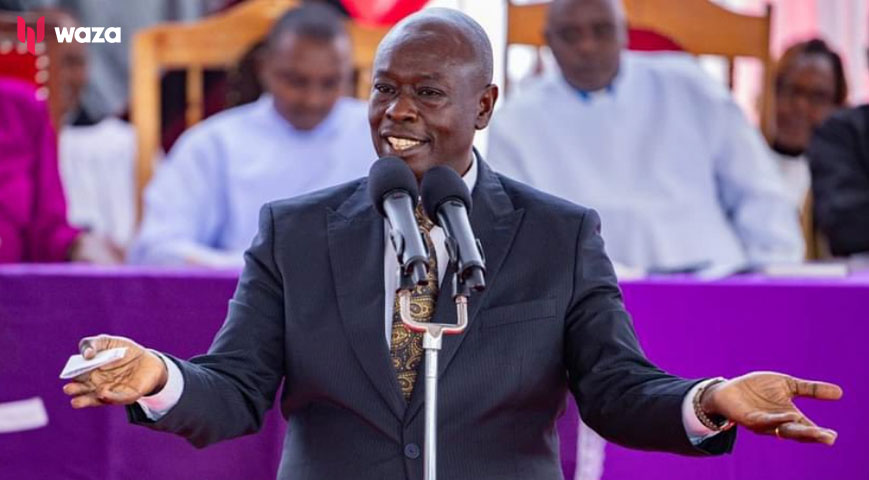Under the 2010 constitution, the Deputy President can be removed from office for two main reasons: mental or physical incapacity, or impeachment. Deputy President Rigathi Gachagua now faces the latter, marking the first such case since the enactment of the 2010 constitution, with the process guided by Article 150 concerning the removal of a deputy president.
Impeachment can be triggered for three key reasons: gross violation of the constitution or other laws, credible evidence suggesting the deputy president has committed a national or international crime, or gross misconduct.

The impeachment process follows the procedures laid out in Article 145, which governs the impeachment of the president but is also applied, with modifications, to the deputy president.
The process begins when a member of the National Assembly introduces a motion, supported by at least one-third of all MPs signing the motion. The Speaker of the National Assembly will then notify the house, and the mover of the motion will present the grounds for impeachment. A debate is scheduled, and if two-thirds of MPs support the motion, it proceeds to the Senate.
Did you read this?
Speaker Moses Wetangula has set public participation on October 4 across all 47 counties, and DP Gachagua is scheduled for a fair hearing on October 8.
If the National Assembly passes the motion, the Speaker informs the Senate Speaker within two days, and the Senate convenes within seven days. A special 11-member Senate committee may be formed to investigate the charges. This committee has ten days to either substantiate or dismiss the allegations. During this time, the deputy president has the right to defend himself or be represented before the committee.
If the allegations are found to be without merit, the process ends. However, if the claims are upheld, the Senate will allow the deputy president to speak before a final vote. If two-thirds of the Senate vote in favor of the charges, the deputy president will be officially removed from office.









